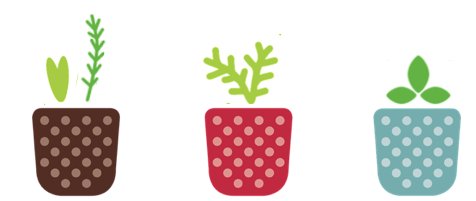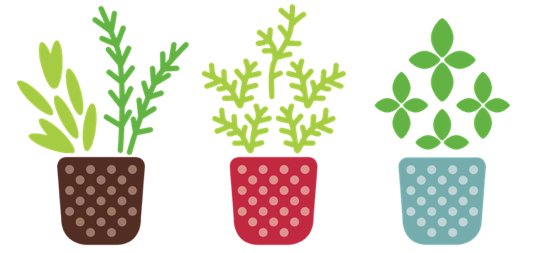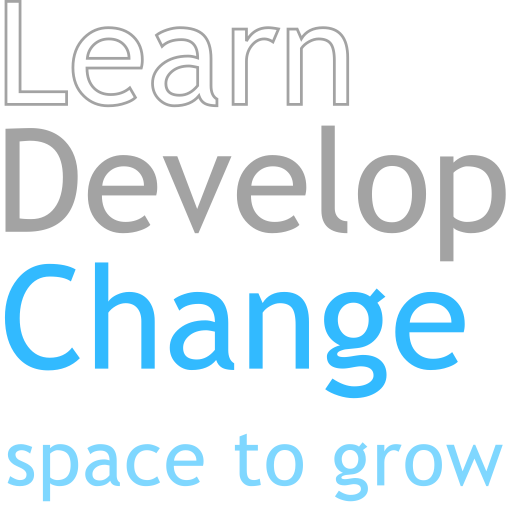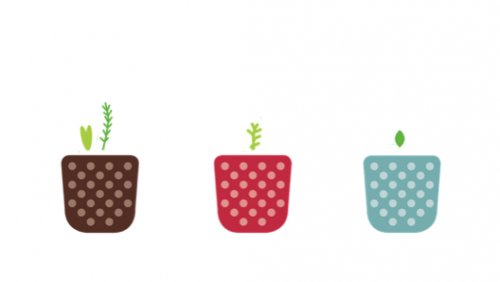Face to face is the quickest way to sort out relationship glitches and misunderstandings. Combine a meeting with sharing food and you have the perfect recipe for trust and connection.
If you've ever worked with a someone long-distance, then had the chance to finally meet them, you'll know just how much that meeting improved your working relationship.
For obvious reasons meeting face to face is rather rare now. It's totally understandable. We must stop this virus in its tracks, as soon as we can. But I suspect I'm not alone when I say I actually miss meetings. Something that two months ago would have been a very peculiar thing to say.
We have FaceTime / Zoom / Teams. They are amazing but...well...they aren't quite the same as the real thing are they? However good they are, they will always be a connection that's shielded, mediated by technology, plastic and glass.
And that barrier, however transparent and advanced, can diminish our ability to connect. It makes room misunderstanding, doubt and distrust to take root.
If trust goes then so does the team
The Ken Blanchard company did some research in 2017 and found that over 60% of respondents agreed / strongly agreed that their personal effort depended on whether they trusted the other members of their team.
Let's just say that again. Nearly two thirds of people interviewed said if they didn't trust their colleagues, their level of effort dropped.
So what can you do?
As we're all going to be navigating self-isolation for some time to come, and remote working is definitely here for the duration. Here are three things you can do to boost trust-building when face to face meetings are no longer possible.
 1 - Grow trust early
1 - Grow trust early
Stephen Covey introduced the idea of the emotional bank account. A Trust fund if you like. Your interactions with another person can increase the trust between you both or deplete it. He recommended investing in trust building so that if the time came when you needed to make a 'withdrawal' then your relationship has enough goodwill to survive.
Don't wait to grow a reserve of trust until you need it. That will be too late. Start early, when it's easy. Do it automatically. Look for ways to encourage trust from the beginning. Here's a list of trust building ideas and a checklist.
2 - Grow trust often
Investing in trust at the start of a relationship isn't enough. Trust building is an ongoing process because there are so many situations that will force withdrawals from your account. Little misunderstandings, small disagreements, foibles and habits. Individually these are little things, but when combined they can deplete the funds of goodwill in a relationship. Safer to keep replenishing the account. See every communication as an opportunity to grow trust. Ask yourself: "Does this message I'm about to send enhance trust?"
3 - Grow now (and keep growing)
Got relationships that are overdrawn trust-wise? Do you work with people with whom you have little or no connection? It's time to start nurturing. Take a risk. You don't need to go overboard. Manage your expectations. A little and often is all that's needed. Keep starting and eventually you will find a reserve of trust will emerge.
Remote working may never reach the trust-building level of face to face interaction. But purposely growing a little more trust every day, will make a world of remote working a little more bearable, and fruitful.
See also - Four trust builders plus a checklist

References & credits
Franklin Covey - Take stock of your emotional bank account
Urban dictionary - Keyboard Warrior
The Ken Blanchard Company - research (2017)
Graphics by Suxu from Pixabay

